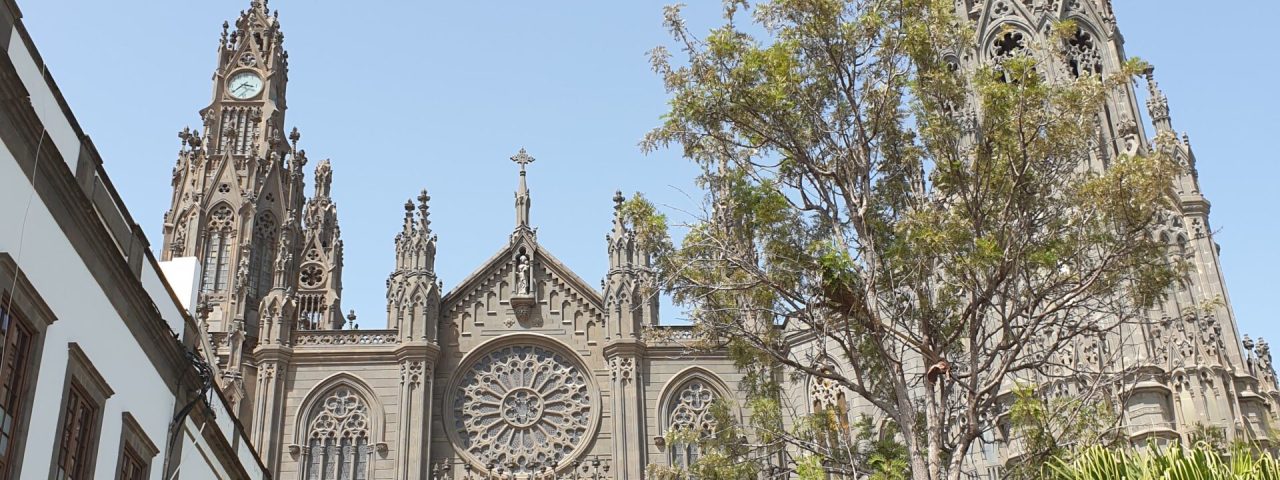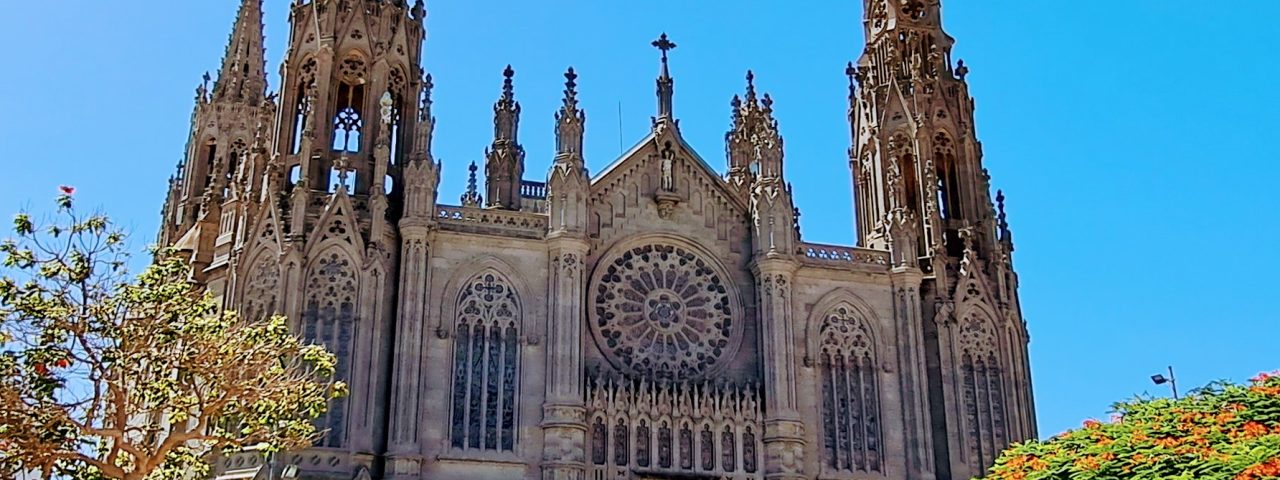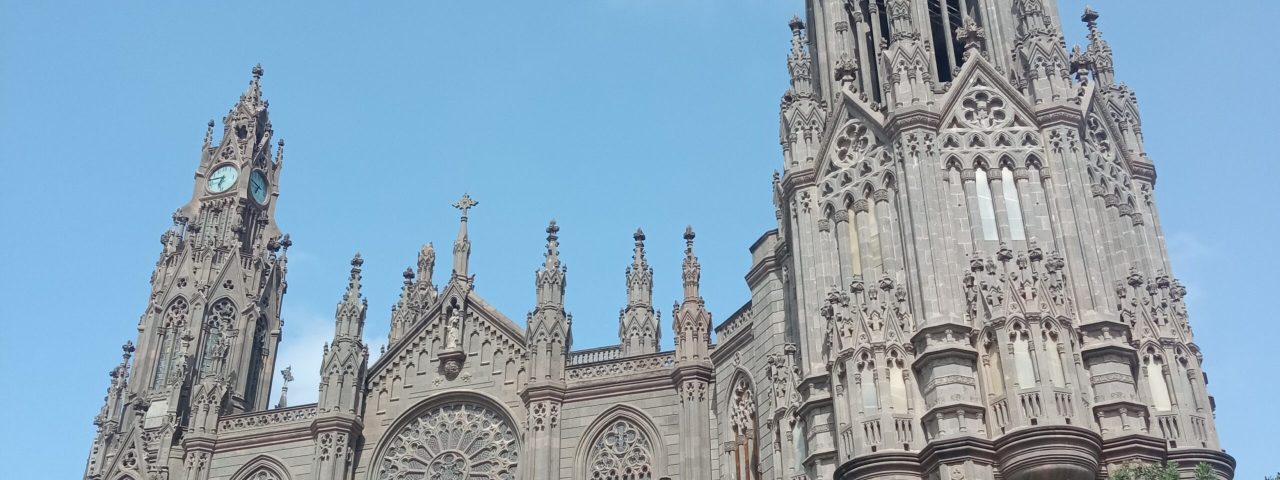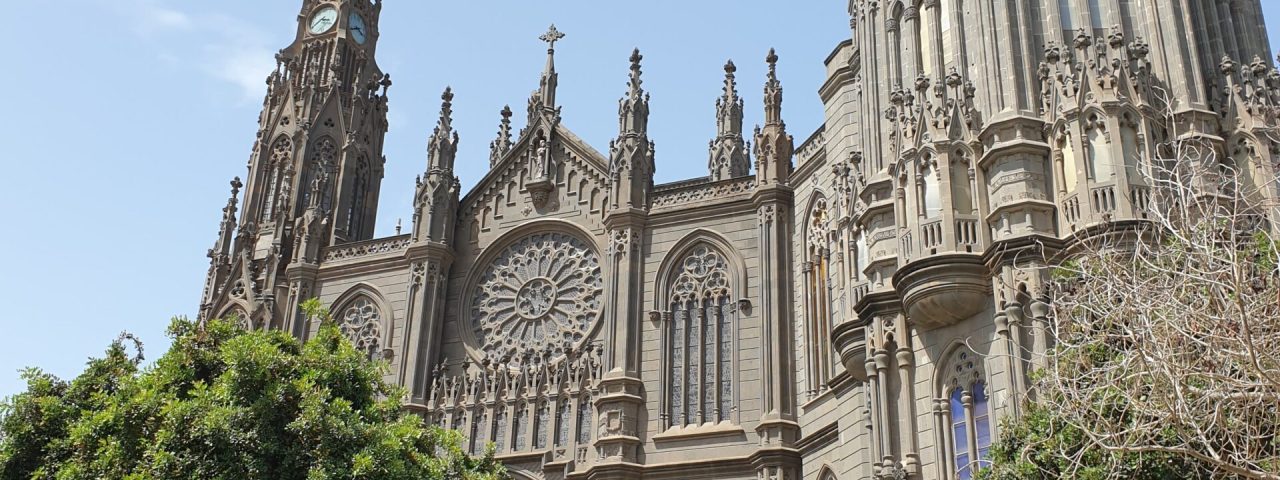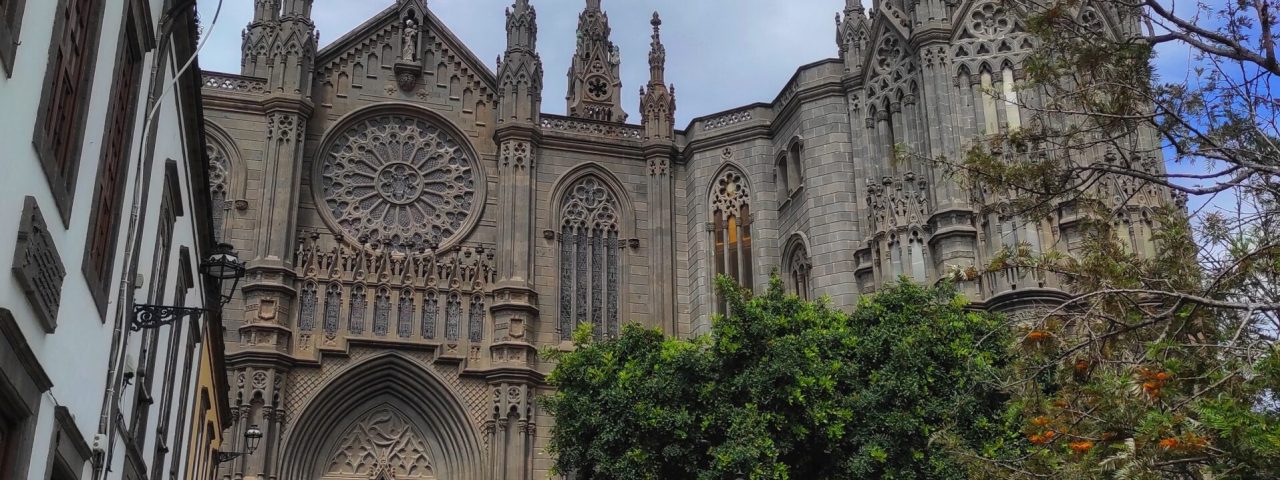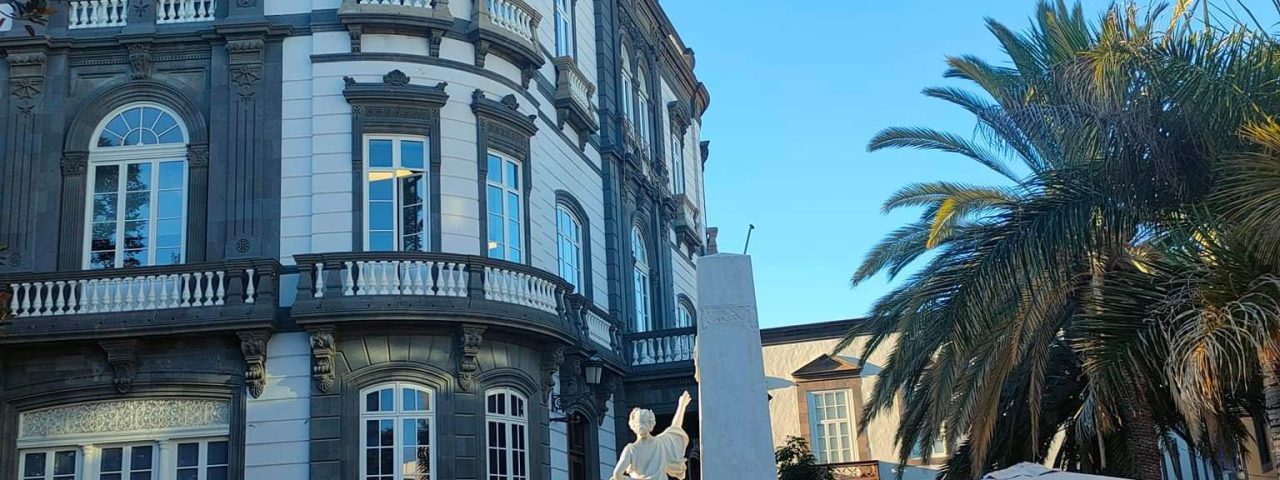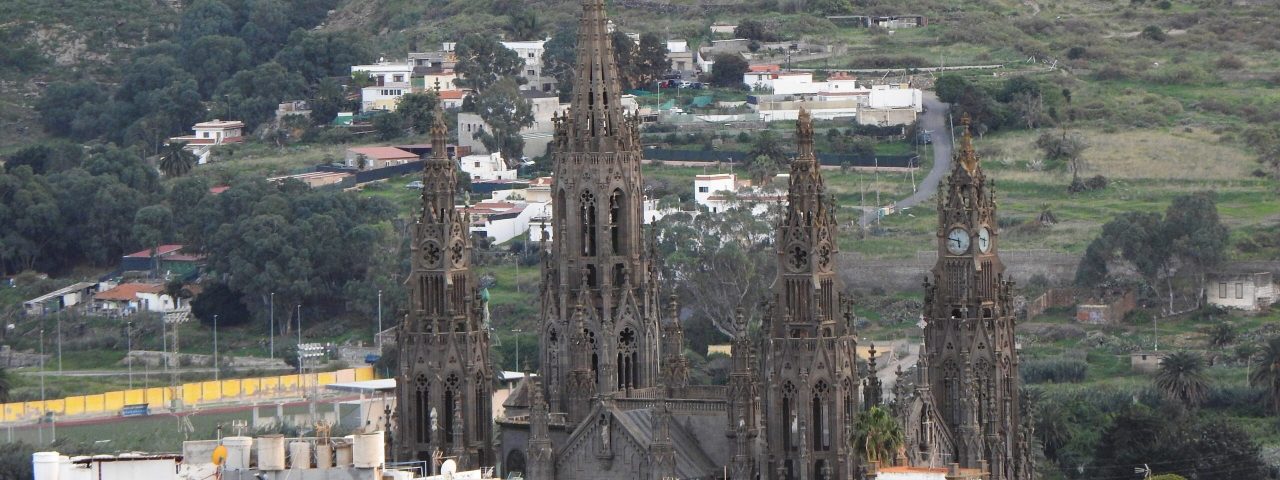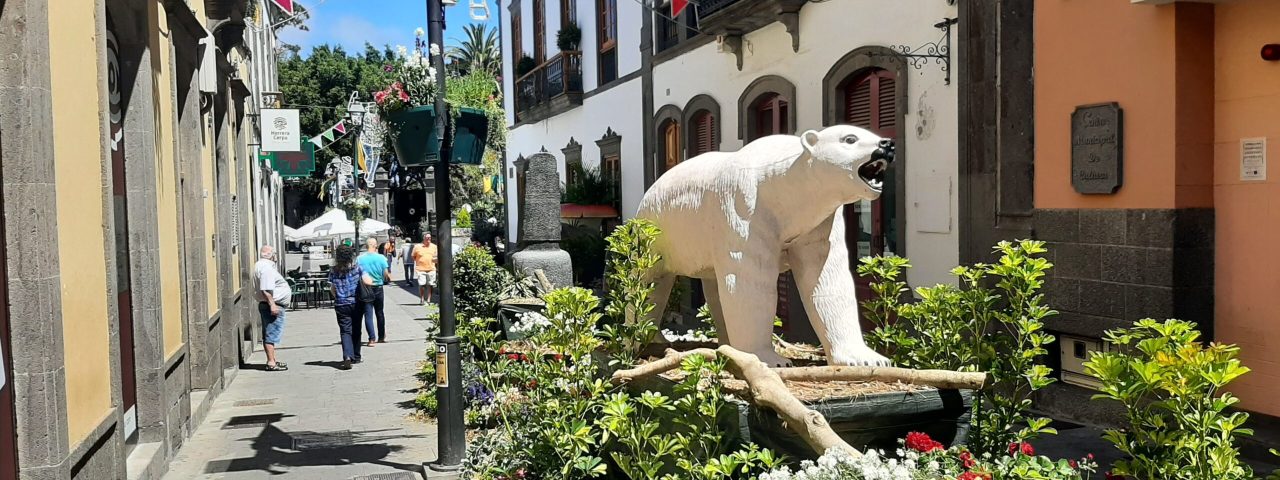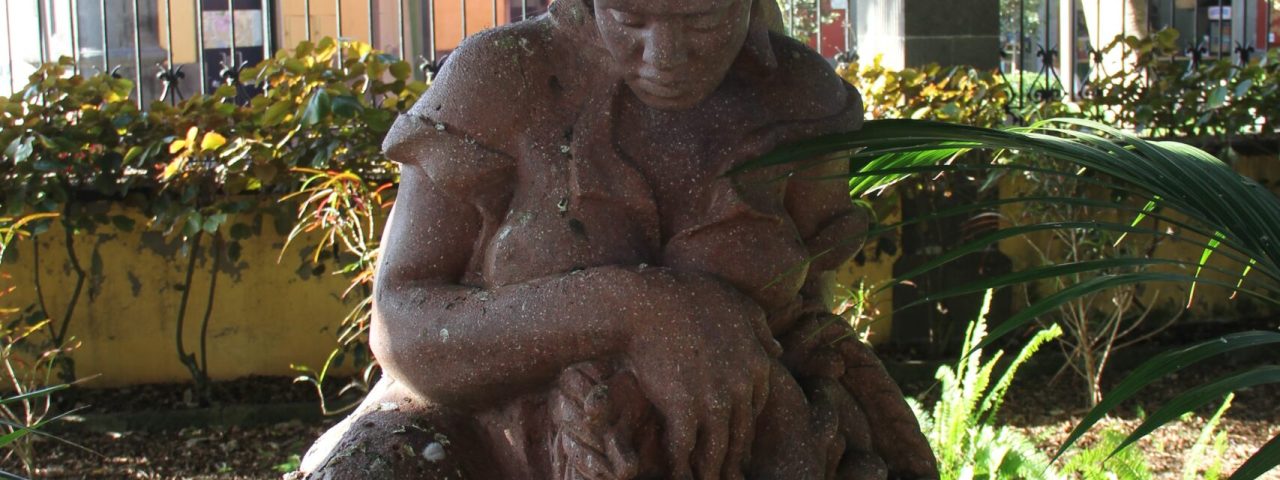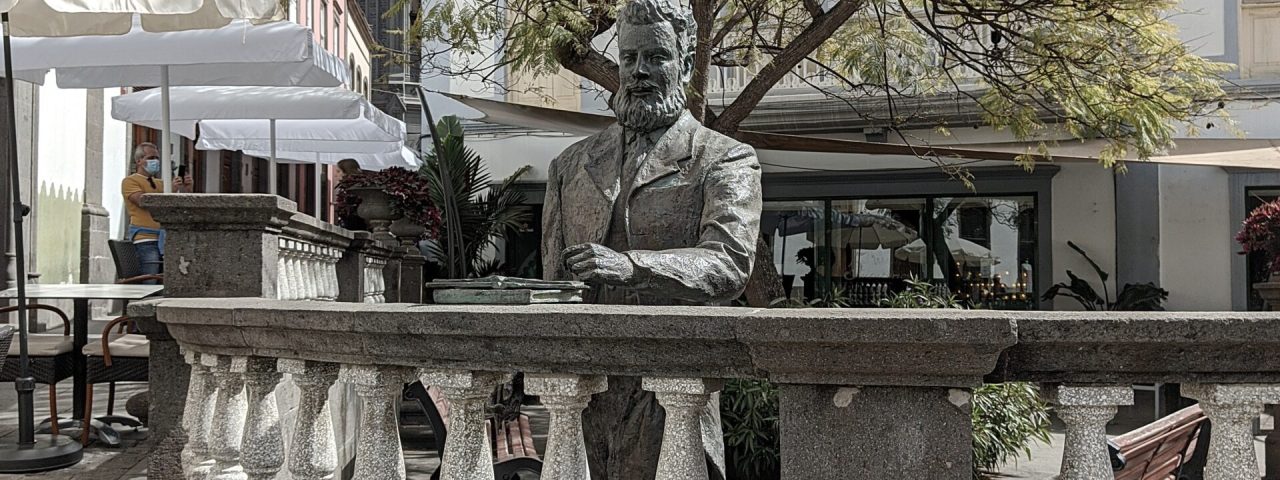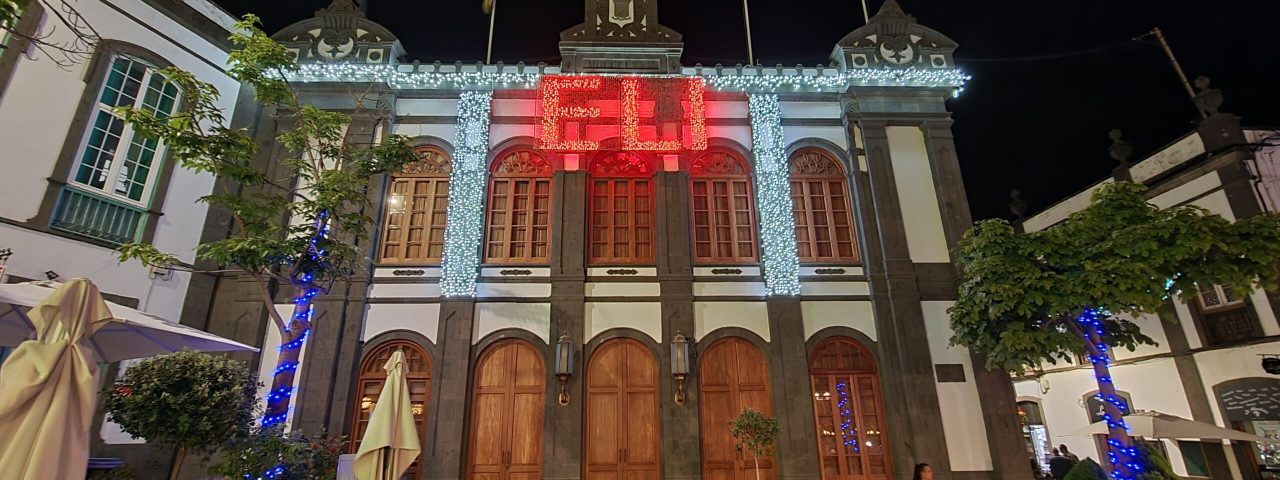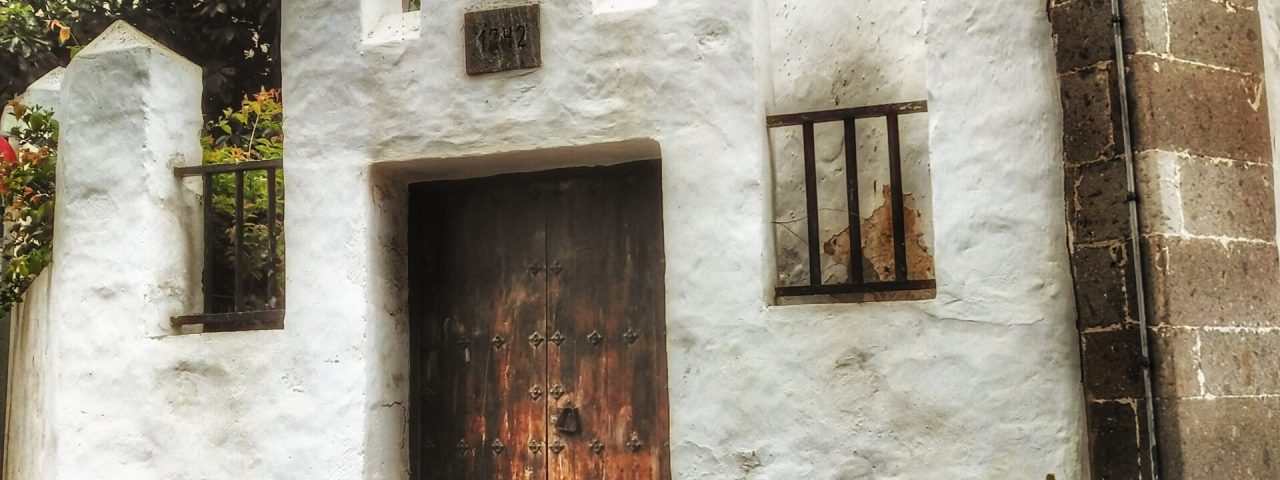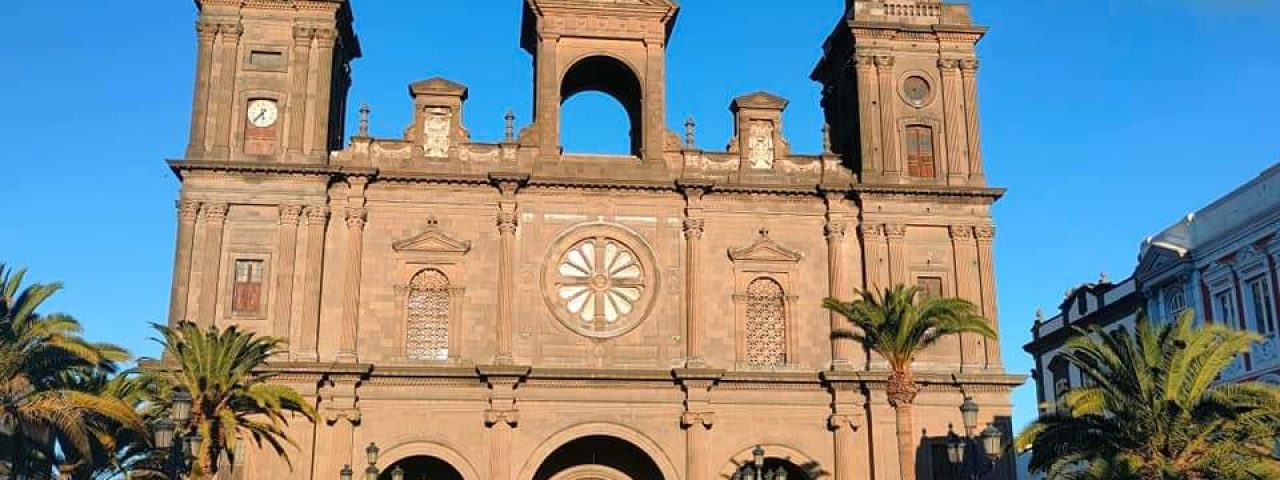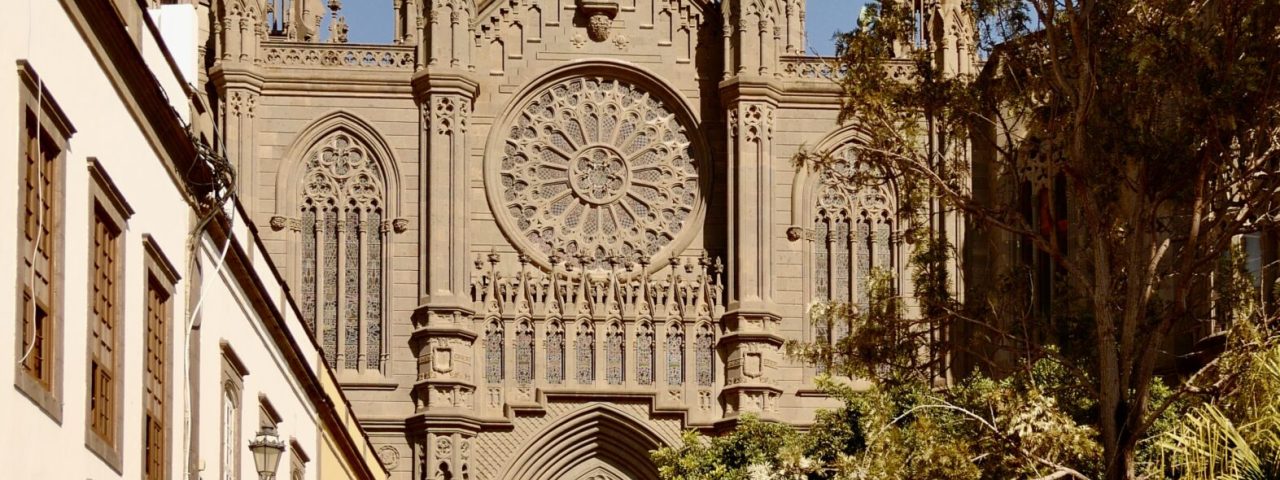The history of Arucas dates back to the pre-Hispanic era, when it was home to the indigenous Guanche people. Following the Spanish conquest of Gran Canaria in the late 15th century, the town grew into an important agricultural center, known especially for its production of sugarcane and bananas. This agricultural prosperity gave rise to the town’s distinctive architecture and wealth, most notably visible in the construction of the impressive Church of San Juan Bautista, which was completed in 1909.
Culturally, Arucas is steeped in Canarian traditions, with annual festivals that celebrate both religious and secular events. One of the most important celebrations is the “Fiesta de San Juan” in June, which honors the town’s patron saint with a series of parades, concerts, and fireworks. Another key event is the “Romería de la Virgen del Rosario,” a pilgrimage that brings locals and visitors together in traditional attire, reflecting the town’s agricultural roots.
Arucas also has a rich artisan culture, particularly in pottery and lace-making, crafts that have been passed down through generations. The town’s Rum Factory (Fábrica de Ron Arehucas) is another cultural institution, producing rum since the 19th century and offering guided tours that showcase the history and process of rum-making.
